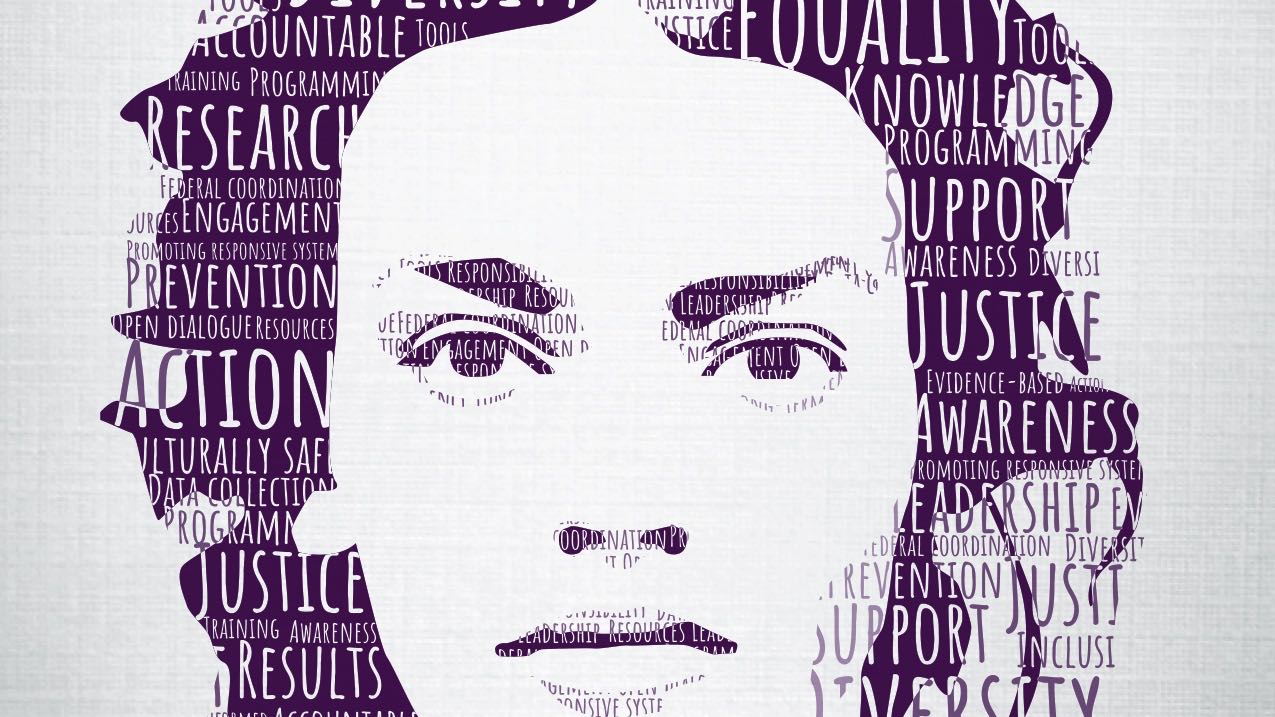Women
N.S. women’s advocacy groups receive funding for culturally appropriate services
Projects target rural, Indigenous and African-Nova Scotian communities

caption
A screenshot of the banner art for It's Time: Canada's Strategy to Prevent and Address Gender-Based Violence.Three women’s advocacy organizations in Nova Scotia will use a boost in funding to address gaps in services for victims of gender-based violence in Mi’kmaw, African-Nova Scotian and rural communities.
Avalon Sexual Assault Centre, the Nova Scotia Advisory Council on the Status of Women and the Antigonish Women’s Resource Centre and Sexual Assault Services Association will each receive up to $1 million from the federal government to implement projects for at-risk and underserved populations.
While each of the projects differ, they all share the mandate of offering culturally relevant and appropriate services.
Pamela Rubin, a sexual violence trauma therapist at the Antigonish Women’s Resource Centre, said it will be up to the communities themselves to define what those services are.
“The resources that are culturally responsive are already held in the community,” she said. “So this project would be about supporting and bringing out that knowledge, to create new ways of responding that fit unique communities.”
Much of this work, Rubin said, begins with hiring community leaders to start conversations within their area. She said it’s also important to understand trauma can be different in marginalized communities.
“Not only the history of individual trauma, but collective trauma experienced inter-generationally because of racism and genocide (and) collective trauma experienced because of colonialism,” said Rubin.
The Antigonish Women’s Resource Centre’s project will focus on the historically African-Nova Scotian communities of Sunnyville, Lincolnville and Upper Big Tracadie in Guysborough County, as well as the town of Canso, which is an hour and a half from any sexual assault services.
Rubin said the centre hopes information collected will help them tailor their work within the communities.
“We’re really looking to transform the way that we’re offering services, as an organization,” she said. “We’re trying to learn about survivor-led, community-specific approaches as a possible or promising best practice.”
Without federal funding, Rubin said the project would not have been possible.
In an emailed statement, a spokesperson for the Nova Scotia Advisory Council on the Status of Women said African-Nova Scotian and Indigenous women are over-represented in the criminal justice system as both victims and offenders. They do not always seek help through mainstream channels because of systemic barriers that exist “for a variety of historical and contextual reasons tied to marginalization, oppression and racism.”
Like the Antigonish Women’s Resource Centre, the council plans to work with survivors and leaders from within the community to build services that reflect the community’s needs.
To do this, the council will collaborate with the Department of Justice, the Mi’kmaw Legal Support Network, the Elizabeth Fry Society of Mainland Nova Scotia, the Mi’kmaw Native Friendship Centre, the Nova Scotia Association of Black Social Workers and the domestic violence court program. They will work to incorporate Indigenous and Afro-centric customary law into the legal and justice systems.
“There is alignment between Mi’kmaw Customary Law and Afro-Centric Nguzo Saba principle of Ujamaa,” the email read. “These deeply held community values will guide the development of culturally-rooted supports for victims, as well as meaningful accountability responses.”
The organizations will receive an initial $30,000 and are eligible to apply for the second phase of funding, up to $1 million over a period of five years.
The funding was granted under the Gender-Based Violence Program, which is part of a 2017 federal government strategy to prevent and address gender-based violence.
As part of that program, Status of Women Canada issued a proposal call in January for projects focused on services and supports for underrepresented and at-risk populations. These included Indigenous, racialized, refugee/immigrant, LBGTQ2+, gender non-binary, disabled, senior and rurally based survivors and their communities.
As a result, the federal government allocated over $50 million, more than double the amount in the 2017 federal budget, to fund projects by 60 organizations across the country.
The funding was announced by Maryam Monsef, minister of Status of Women, in the Halifax Central Library on Monday.

